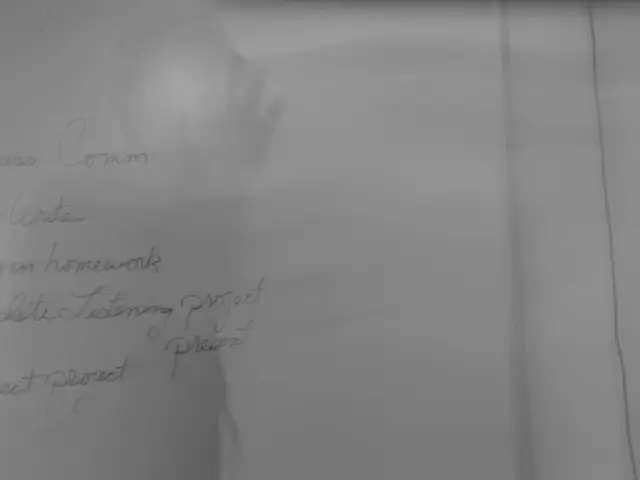Government supports easing regulations in the energy industry of Estonia
Estonia Simplifies Regulations in Energy, Nature Conservation, and Hunting
In a bid to reduce bureaucracy and foster economic growth, the Estonian government has endorsed proposals by Minister of Energy and the Environment Andres Sutt to simplify regulations in energy, nature conservation, and hunting. These reforms aim to ease administrative burdens for small businesses, landowners, forest owners, and public authorities.
Key aspects of these legislative proposals include:
- Reduction and repeal of unnecessary regulations: Approximately 4,009 regulations have been identified for potential repeal, with a proposal to eliminate around 15 percent that create excessive bureaucracy.
- Shortening planning processes: Proposals aim to accelerate planning and permitting procedures, benefiting landowners, forest owners, and businesses by reducing waiting times and administrative hurdles.
- Simplification in energy and nature conservation: The overall agenda targets these areas for deregulation to foster economic growth and reduce the operational burden on stakeholders such as forest owners and small enterprises.
- Digital governance framework: Estonia’s digital infrastructure, including the X-Road data exchange system and digital identity cards, facilitates streamlined interaction with public authorities, greatly reducing bureaucratic delays.
- Impact on stakeholders:
- Small businesses benefit from easier compliance, fewer regulations, and faster administrative processes.
- Landowners and forest owners experience streamlined permitting and regulatory requirements, aiding in efficient land use and management.
- Public authorities are encouraged to merge and coordinate functions to reduce overlap and improve service delivery.
The Forestry Act will also be amended to ensure that at least 70 percent of forest land is classified as commercial forest.
Prime Minister Kristen Michal stated that these decisions are a step toward simplifying life for people and businesses and making public administration more effective. Minister Sutt emphasized that there is no single solution for eliminating bureaucracy, but many necessary actions are already in progress.
While the government is actively working on these reforms, there is some public debate and scrutiny regarding trust and the inclusiveness of participatory processes in lawmaking, reflecting ongoing challenges in balancing speed and democratic involvement.
These efforts align with Estonia’s model of transparent, efficient, user-centric digital governance, aiming to replace traditional bureaucratic red tape with instant, secure digital processes. The government believes these changes will strengthen the legal framework and ensure legal clarity.
Sources: 1. Estonian Government Press Release 2. World Economic Forum 3. European Commission
- The Estonian government's decision to simplify regulations in energy, nature conservation, and hunting is part of an initiative to reduce bureaucracy and foster economic growth, as suggested by Minister of Energy and the Environment Andres Sutt.
- In an effort to ease administrative burdens, around 15 percent of approximately 4,009 identified regulations are proposed to be repealed, benefiting small businesses, landowners, forest owners, and public authorities.
- The proposed changes aim to accelerate planning and permitting procedures, thereby streamlining processes for landowners, forest owners, and businesses, and reducing waiting times and administrative hurdles.
- The government's digital infrastructure, including the X-Road data exchange system and digital identity cards, is expected to facilitate more efficient interaction with public authorities, reducing bureaucratic delays.
- The Forestry Act is set to be amended to ensure that at least 70 percent of forest land is classified as commercial forest, potentially impacting the energy, nature conservation, and business sectors.




